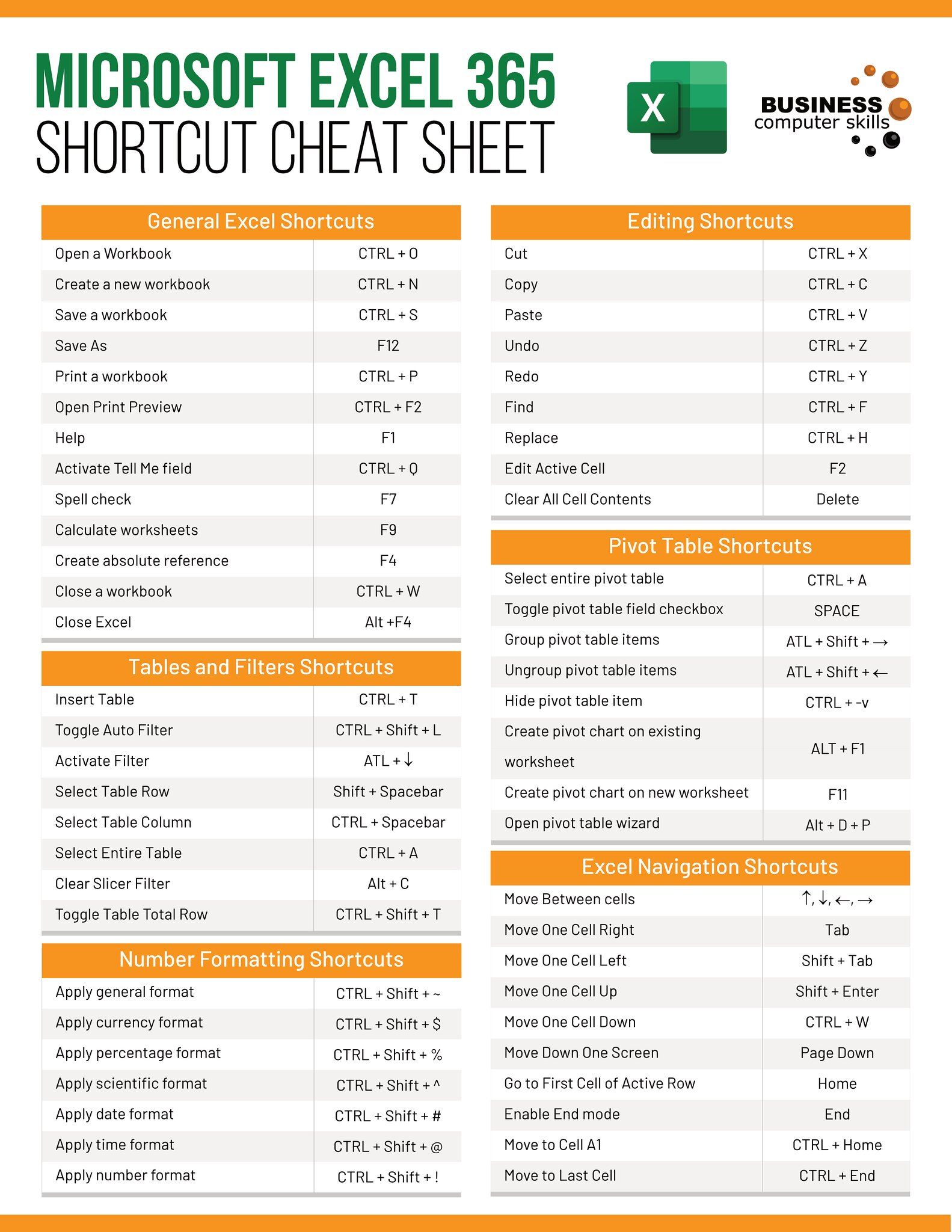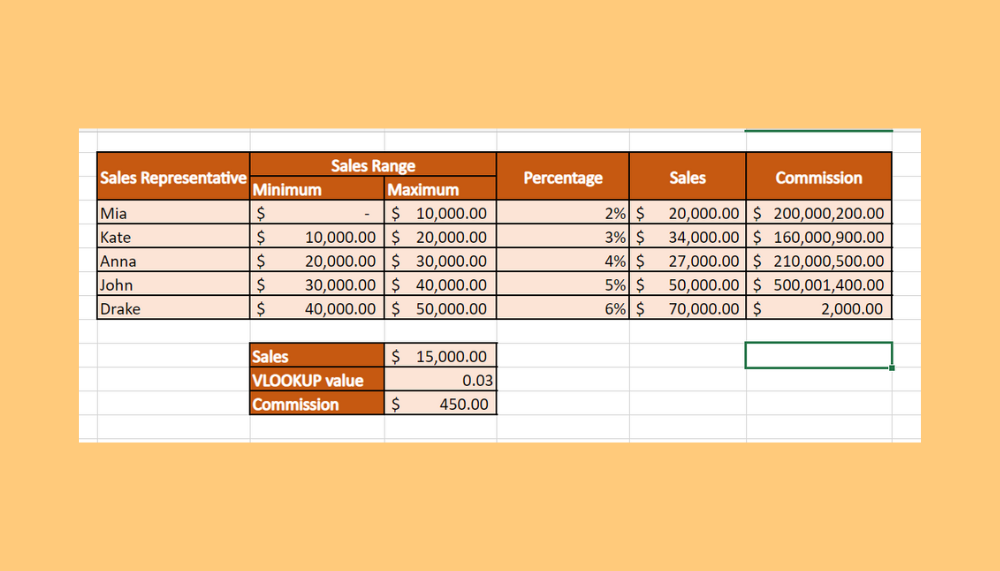5 Essential Documents for US Government Contracts

Understanding US Government Contract Documentation

The process of securing and managing US government contracts involves navigating a complex web of documentation. Understanding these documents is crucial not only for winning contracts but also for ensuring compliance and smooth operations throughout the contract's duration. This blog post will delve into the five essential documents you need to familiarize yourself with when engaging with US federal contracts:
1. Request for Proposal (RFP)


The RFP is your starting point in the government procurement process. Here's what it includes:
- Introduction: Background information on the need for the product or service.
- Scope of Work: Detailed description of tasks, deliverables, and performance expectations.
- Proposal Submission Requirements: Guidelines on how and what to submit, including format, content, and deadlines.
- Evaluation Criteria: How your proposal will be judged, covering price, technical approach, past performance, etc.
2. Contract Award Letter

Upon winning a contract, you'll receive a contract award letter, which serves several critical purposes:
- It formally notifies you of the contract award.
- It provides the contract number, key dates, and a brief overview of contract terms.
- It may include or reference any negotiated terms that differ from the RFP.
3. Statement of Work (SOW)

The Statement of Work is perhaps the most detailed document you'll come across:
- Scope: The boundaries of the project or services to be provided.
- Objectives: What the government is looking to achieve through this contract.
- Tasks: Specific duties, timelines, and deliverables.
- Quality Standards: What constitutes an acceptable level of performance or product.
| Section | Description |
|---|---|
| Scope | Defines the project's limits. |
| Objectives | Outlines what the government expects to achieve. |
| Tasks | Lists the specific duties, responsibilities, and deliverables expected. |
| Quality Standards | Sets the performance and product quality criteria. |

4. Compliance Certification and Representations

This document is where you:
- Certify compliance with federal, state, and local laws.
- Provide representations regarding your business's status (e.g., small business, veteran-owned).
- State your company's capability to fulfill the contract requirements.
🔍 Note: Ensure all representations are accurate, as misrepresentation can lead to severe consequences.
5. Contract Modifications

Contracts often evolve, requiring modifications for various reasons:
- Change in scope of work.
- Adjustments in funding or budget.
- Extension or reduction of contract duration.
Modifications are documented via:
- Bilateral agreements between the contractor and the government.
- Unilateral modifications by the government when permissible.
📝 Note: Changes can significantly impact the contract's performance, so keep track of all modifications.
In summary, mastering these documents is key to winning, managing, and potentially extending your government contracts. Each document plays a vital role in different phases of the contract lifecycle. From the initial RFP to the final contract modifications, they guide and govern the relationship between you and the government. Understanding and complying with these documents ensures not only the success of your current projects but also sets a precedent for future opportunities in government contracting.
What are the key elements to include in an RFP response?

+
Key elements in an RFP response should include a compelling executive summary, a detailed response to the scope of work, pricing, qualifications of your team, and any required certifications or representations.
How long does it typically take to receive a contract award letter?

+
The timeframe can vary widely but typically can take anywhere from several weeks to a few months after proposal submission.
Can modifications to a government contract be made unilaterally by the contractor?

+
No, modifications require mutual agreement or can be made unilaterally by the government in certain circumstances.
How can a business ensure compliance with regulations throughout the contract?

+
By maintaining thorough documentation, understanding federal regulations, and perhaps employing compliance officers or seeking legal advice to review all aspects of the contract regularly.
What are the consequences of misrepresentation in compliance certification?

+
Misrepresentation can lead to contract termination, fines, debarment from future government contracts, or even legal action.



